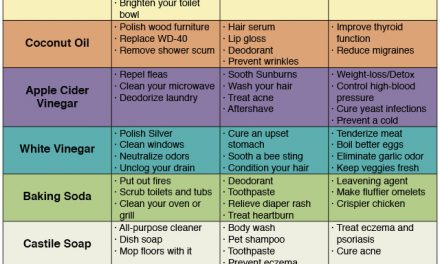The prevalence of metabolic health in adults is ‘alarmingly low,’ in the U.S. even among people who are normal weight, a new study finds.
Knowledge about metabolism has been increasing yet something is missing. Perhaps indirect advice on metabolism through old wisdom that kept hundreds of generations of people slender and strong.
RELATED STORY:
According to researchers at the University of North Carolina at Chapel Hill’s Gillings School of Global Public Health, only 1 in 8 Americans are achieving optimal metabolic health, which carries serious implications for public health. Poor metabolic health leaves people more vulnerable to developing Type 2 diabetes, cardiovascular disease and other serious health issues.
Calculate Your Daily Energy Requirement (DER)
The study presents the most updated United States data on metabolic health, which is defined as having optimal levels of five factors: blood glucose, triglycerides, high-density lipoprotein cholesterol, blood pressure and waist circumference, without the need for medications.
For the study, researchers examined National Health and Nutrition Examination Survey data from 8,721 people in the U.S. between 2009 and 2016 to determine how many adults are at low versus high risk for chronic disease. Data revealed that only 12.2 percent of American adults are metabolically healthy, which means that only 27.3 million adults are meeting recommended targets for cardiovascular risk factors management, according to researchers.
In the last decade, the thresholds for common health measures – for example, those used to determine whether someone has high blood pressure or blood sugar (glucose) levels – have been lowered by respected professional medical societies. Researchers say these more restrictive guidelines may mean that a smaller proportion of people are meeting the optimal levels for the cardiovascular risk factors.
RELATED STORY:
“The study fills a gap,” said Joana Araujo, a postdoctoral research associate in nutrition and the study’s first author. “We wanted to know how many American adults really meet the guidelines for all of these risk factors and are within optimal levels for disease prevention and health. Based on the data, few Americans are achieving metabolic health, which is quite alarming and should spur renewed attention to population-based interventions.”
The data showed that being more physically active, female, younger, more educated and a nonsmoker were factors associated with being more metabolically healthy. Being non-Hispanic black or having a higher body mass index meant people were less likely to be metabolically healthy.
“We also looked at how health-related behaviors might play into metabolic health – and how the proportion of people who are metabolically healthy changes when BMI, physical activity or smoking are higher or lower,” Araujo said. “For example, less than 1 percent of obese adults are metabolically healthy. On the other hand, people who exercise more appear to have higher levels of metabolic health.”
The authors call for further study to understand the mechanisms of risk factor development, with a focus on people of normal weight as well as heavier adults.
RELATED STORY:
“Most disturbing is the absence of optimal metabolic health in adults who had obesity, less than a high school education, were not physically active and were current smokers. Stronger and more widely accessible strategies to promote healthier lifestyles are urgently warranted,” wrote Araujo and colleagues.
The study, “Prevalence of Optimal Metabolic Health in American Adults: National Health and Nutrition Examination Survey 2009-2016,” was published online Nov. 28 in the journal Metabolic Syndrome and Related Disorders.
*Article originally appeared at Prevent Disease.












